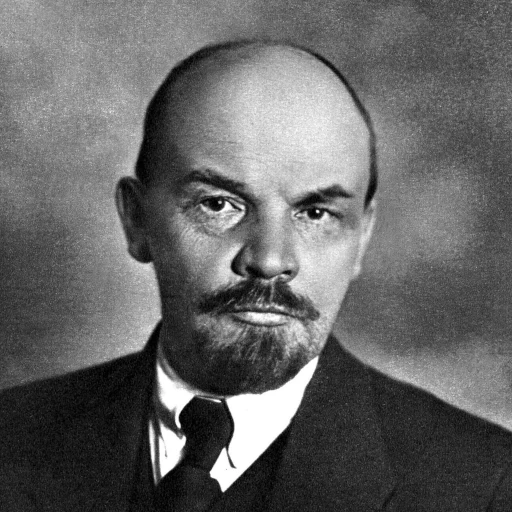“A lie told often enough becomes the truth.”

- April 22, 1870 – January 21, 1924
- Born in the Russian Empire
- Revolutionary, political theorist, lawyer, state leader
- He led the Russian Revolution and is known as the founder of the Soviet Union. He put Marxist theory into practice and became a symbolic figure in the communist movement of the 20th century.
Quote
“A lie told often enough becomes the truth.”
Explanation
This quote suggests that repeated misinformation or propaganda can become accepted as reality, even if it is false. Lenin highlights the power of repetition in shaping public perception and influencing the beliefs of the masses. Over time, if a lie is told repeatedly and consistently, it can overcome skepticism and become seen as truth, simply because people start to believe in it or accept it without questioning. Lenin, who understood the power of state-controlled narratives and media, recognized that information could be manipulated to serve political ends, particularly in the context of revolution and social change.
Historically, this idea is tied to Lenin’s understanding of propaganda as an essential tool for the Bolshevik movement. The Soviet state used state-controlled media to spread Bolshevik ideals and suppress opposition, ensuring that the official narrative dominated public discourse. In Lenin’s time, this approach was used to solidify the revolution and justify policies like war communism or repression of dissent, even when the actions of the state might have been controversial. By controlling the information people received, the Bolsheviks sought to create a narrative that would shape public opinion and maintain their hold on power.
In modern times, this quote speaks to the role of media, political messaging, and propaganda in shaping public opinion. The idea that a lie repeated enough times becomes truth is often cited in discussions of modern misinformation, where false narratives or conspiracy theories can spread through social media, news outlets, and political campaigns. It serves as a warning that unchecked information, especially when perpetuated by powerful institutions, can deeply influence societal beliefs and undermine the pursuit of objective truth. This reflects the ongoing battle over narratives in today’s political and media landscape, where manipulating public perception has become an essential aspect of political strategy.
